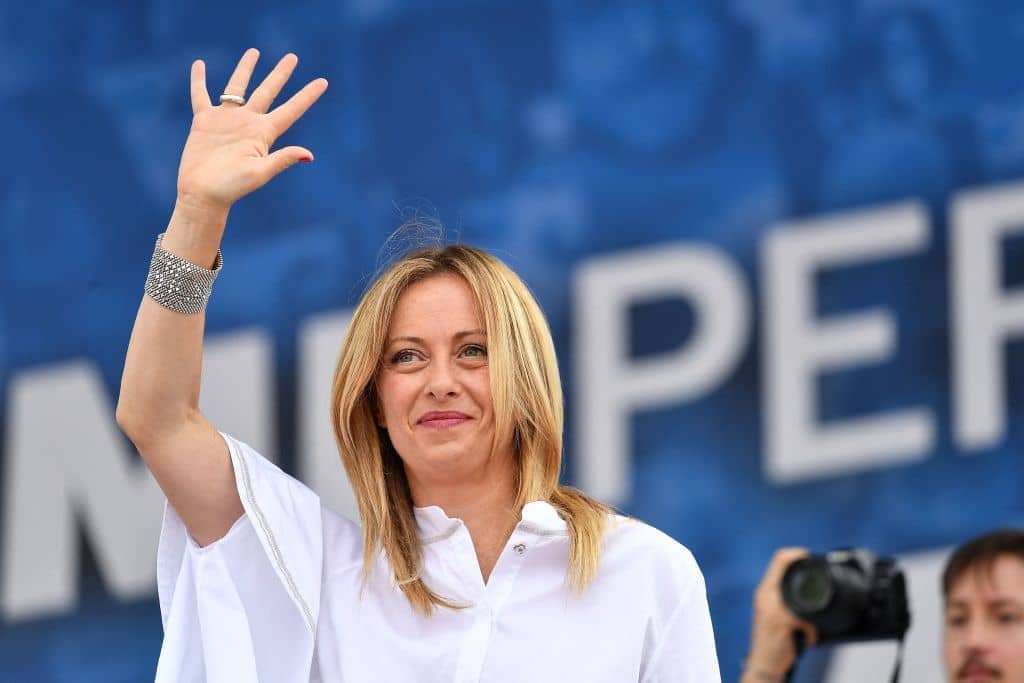At the last Italian general election in 2018 the right-wing populist party, Fratelli d’Italia, got just 4 per cent of the vote. Last Sunday, at local elections in around 1,000 cities and towns, it led the coalition of the right to victory in nine out of 13 major cities which were won in the first round of voting, including Palermo and Genoa. A further 13 where no one got more than 50 per cent go to a second ballot on 26 June. Overall, right-wing candidates got 44 per cent of the vote compared to 42 per cent for left-wing candidates.
But the key significance of the results is that they confirm Fratelli d’Italia has replaced the radical right Lega, led by Matteo Salvini, as the leading party of the Italian right. It got many more votes than the Lega even in the Lega’s northern strongholds.
The results reflect what the opinion polls have been indicating for at least the past 12 months: Italy’s next prime minister after the next general election which must be held by 1 June 2023 is most likely to be Fratelli d’Italia’s fiery 45-year-old leader Giorgia Meloni who would become the first woman to hold the post.

Britain’s best politics newsletters
You get two free articles each week when you sign up to The Spectator’s emails.
Already a subscriber? Log in







Comments
Join the debate for just £1 a month
Be part of the conversation with other Spectator readers by getting your first three months for £3.
UNLOCK ACCESS Just £1 a monthAlready a subscriber? Log in